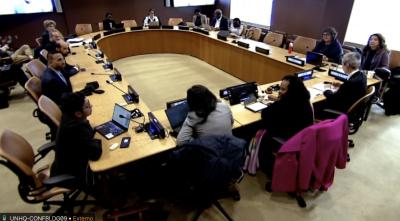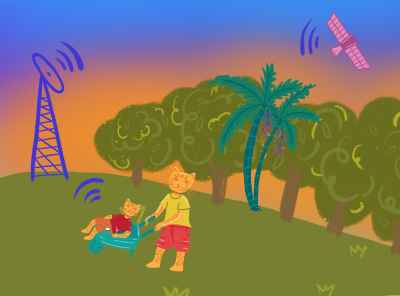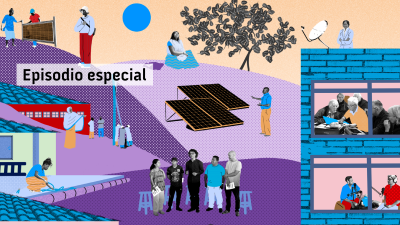We work for rural, remote and marginalised communities to have the opportunities, capacities and resources to achieve and shape meaningful community-centred connectivity that contributes to the strengthening of local well-being, economies and cultures. We also promote collective action to shape digital norms, policies, standards and processes that are democratic and rights-respecting.
1210 results










